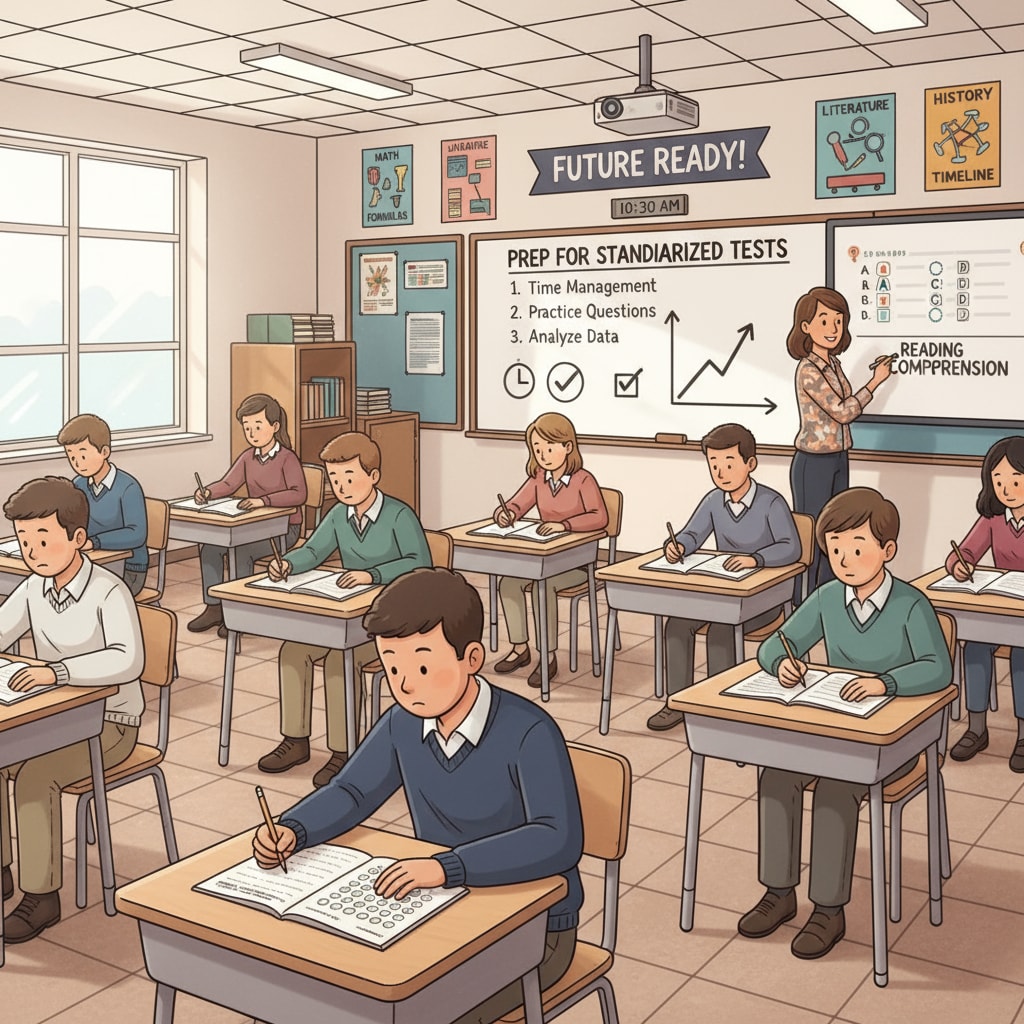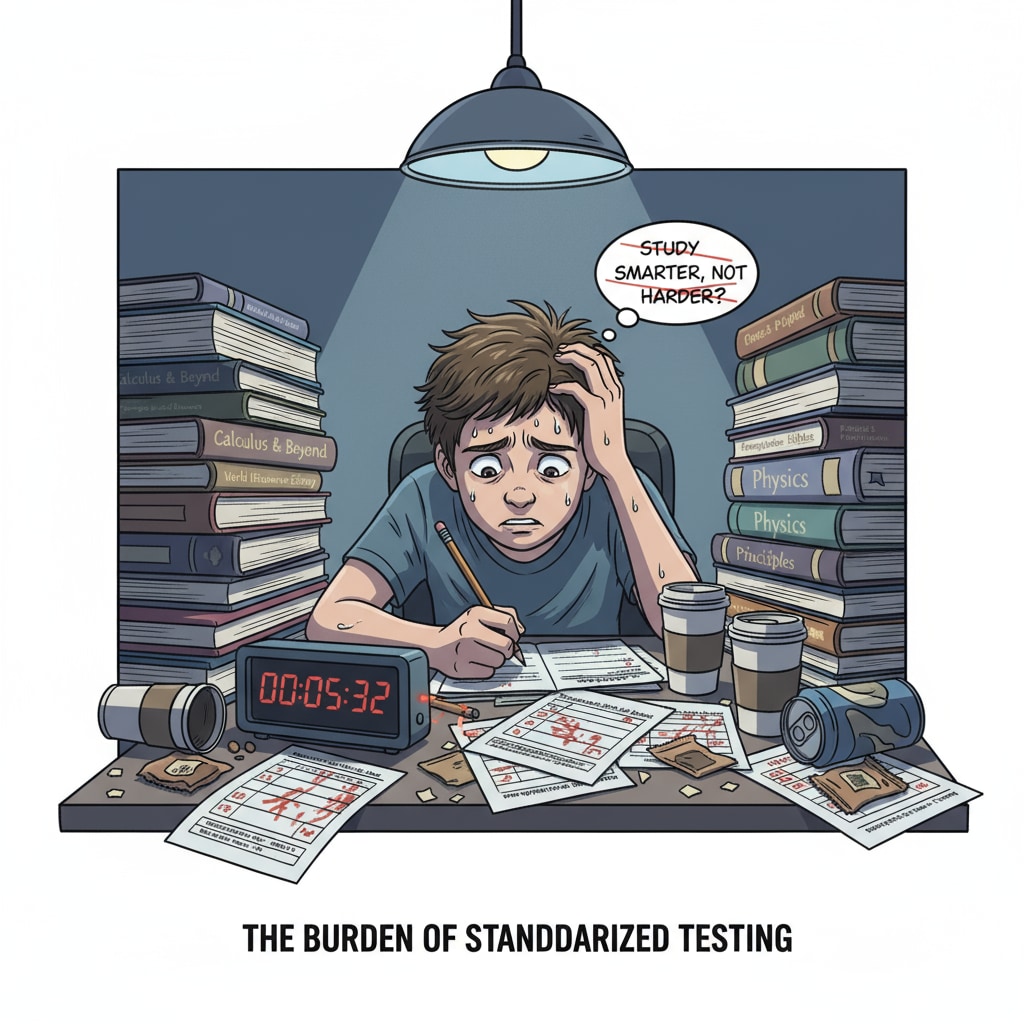In the realm of secondary education, the emphasis on standardized testing often overshadows the crucial development of soft skills. Soft skills, such as communication, teamwork, and problem-solving, are essential for students’ future success in both academic and professional arenas. However, the current education system, driven by standardized tests, has led to a significant gap in soft skills training.

As we strive to prepare students for the challenges of the 21st century, it’s vital to address this issue and find ways to integrate soft skills development into the secondary education curriculum.
The Dominance of Standardized Testing in Secondary Education
Standardized testing has become a cornerstone of secondary education in many countries. These tests are designed to measure students’ knowledge and skills in specific subjects, such as math, science, and language arts. Standardized testing on Wikipedia They serve as a means of accountability, allowing schools, teachers, and policymakers to evaluate students’ performance and compare educational institutions. However, the overemphasis on these tests has had several negative consequences.
One of the main drawbacks is that it narrows the curriculum. Teachers often focus on teaching to the test, emphasizing rote memorization and drill-and-practice techniques. This leaves little time for the exploration of other important areas, such as creativity, critical thinking, and soft skills development. As a result, students may excel in answering test questions but lack the practical skills needed to succeed in real-world situations.

The Consequences of Soft Skills Deficiency in Secondary Education
Students who lack soft skills may face difficulties in various aspects of their lives. In the academic environment, effective communication skills are essential for participating in class discussions, presenting ideas, and collaborating with peers. Without these skills, students may struggle to express their thoughts clearly and may miss out on valuable learning opportunities.
In the professional world, soft skills are equally crucial. Employers highly value candidates who can work well in teams, solve problems creatively, and communicate effectively. Soft skills on Britannica A secondary education system that fails to develop these skills may leave students ill-prepared for the demands of the workplace, limiting their career prospects.
Furthermore, soft skills play a vital role in personal relationships. The ability to empathize, resolve conflicts, and build strong connections with others is essential for a fulfilling social life. Students who lack these skills may experience difficulties in forming friendships and maintaining healthy relationships.
Readability guidance: As we’ve seen, the dominance of standardized testing and the lack of soft skills development in secondary education have far-reaching consequences. It’s time to take action and make changes to ensure students receive a well-rounded education.
Strategies for Integrating Soft Skills into Secondary Education
To address the issue of soft skills deficiency in secondary education, several strategies can be implemented. Firstly, schools and educators need to recognize the importance of soft skills and make them an integral part of the curriculum. This can involve developing specific courses or modules focused on soft skills development, such as communication, teamwork, and leadership.
Secondly, teaching methods need to be reformed. Instead of relying solely on traditional lecture-style teaching, educators should incorporate more interactive and experiential learning activities. For example, group projects, role-playing exercises, and problem-solving tasks can provide students with opportunities to practice and develop their soft skills in real-life contexts.
Another important strategy is to involve parents and the community in soft skills development. Parents can play a crucial role in fostering these skills at home by encouraging open communication, providing opportunities for teamwork, and teaching problem-solving strategies. The community can also offer internships, volunteer opportunities, and mentorship programs that allow students to apply their soft skills in real-world settings.
In conclusion, the development of soft skills in secondary education is of utmost importance. By recognizing the limitations of standardized testing and implementing effective strategies for soft skills development, we can better prepare students for the challenges of the future. Let’s move beyond the focus on test scores and prioritize the holistic development of our students, equipping them with the skills they need to thrive in all aspects of life.


